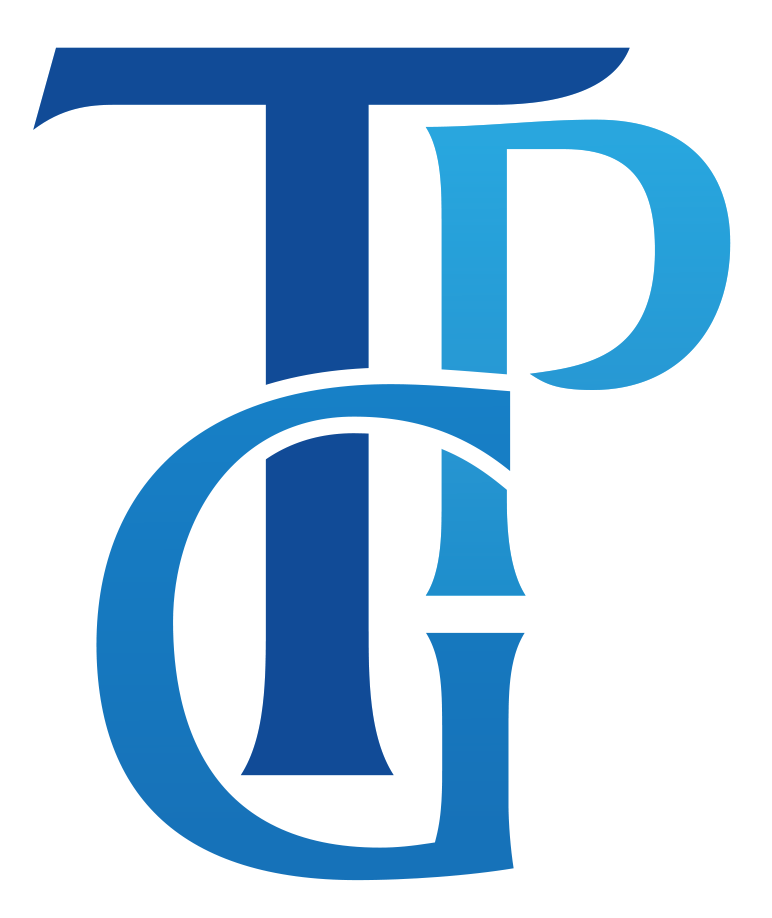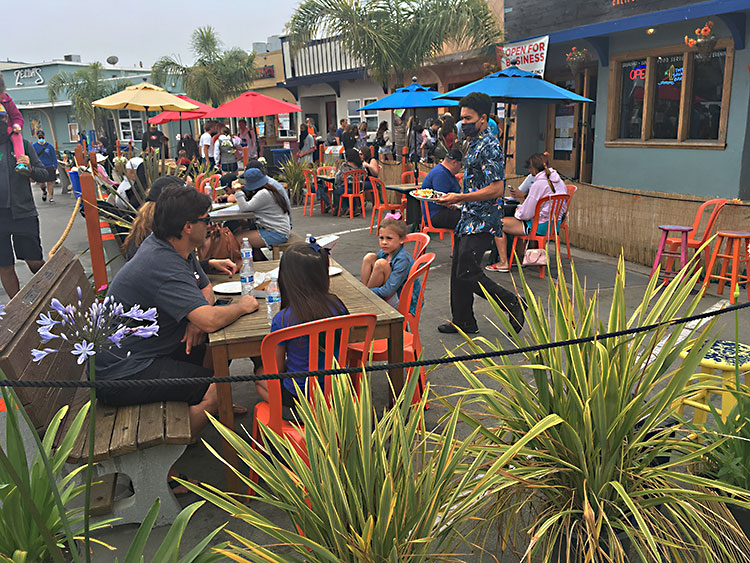By Jondi Gumz
A restaurant owner in Aptos wanted to know if the newly approved federal restaurant relief grants were taxable.
A couple who run a bed-and-breakfast in Ben Lomond without any employees wanted to know if they were eligible for this new grant.
A couple who bought a restaurant in Santa Cruz late in 2020 wanted to know if they could apply for this federal money even though they didn’t operate for a full year.
What this shows is there are questions about the new $28.6 billion Restaurant Revitalization Fund in the $1.9 trillion COVID relief package signed by President Biden.
That’s why U.S. Rep. Anna Eshoo (D-Palo Also) hosted a virtual town hall Thursday to alert small business owners to this new grant opportunity to survive the pandemic and to prepare the financial records needed to apply online.
“It’s been heartbreaking to see the closures in the downtown,” Eshoo said. “Restaurants are really the cultural touchstones in our community. You’re so important to all of us.”
The answers to the questions above: No, not taxable by the federal government but each state will decide about state taxes. Yes, you’re eligible because the number of employees is not a factor. Probably, apply and see.
On the tax question, Eshoo said, “This is to help people, not to place another burden on them with a surprise bill of taxes owed on monies that were either borrowed or granted.”
Besides restaurateurs, operators of food stands, food trucks, food carts, caterers, saloons, inns, taverns, bars, lounges, brewpubs, tasting rooms, taprooms, and alcohol producers where the public can taste or buy are eligible. Operations with more than 20 locations and wholesalers are not eligible; neither are nonprofits, publicly-traded companies or businesses that have permanently closed.
Julie Clowes, director of the Small Business Administration in Northern California, who answered questions with Eshoo, did not have information on the date, but she said people would get a few days to review the requirements before the online application portal opens.
She advised watching the sba.gov website for an announcement.
“Whenever these things come available you get nervous and start to feel it’s a race for time,” said Larry Chu of Chef Chu’s in Los Altos, who called in.
Eshoo, who described herself as the daughter of a small business owner, sympathized with food businesses holding on after a roller-coaster ride of pandemic rules, allowing only takeout, then allowing dining outdoors, then indoor capacity capped at 50 percent.
“I want you to be able to access this money to cover your losses due to COVID so that you can really get on your feet and back into full swing on your businesses,” she said.
Eshoo recommended business owners reach out to the Small Business Development Center (831-479-6136 at Cabrillo College in Aptos), SCORE mentors (831-621-3735) or the Women’s Business Center (newly created at El Pajaro in Watsonville, elpajarodcdc.org).
She also suggested they sign up at www.SBA.gov/ca/sf for email notices about the restaurant grants.
The grant for a single business is capped at $5 million; for those with multiple locations, it’s capped at $10 million.
The grant formula is 2020 gross revenue subtracted from 2019 gross revenue, based on tax returns. Another formula will be created for businesses not filing taxes for 2019.
Clowes said Paycheck Protection Program loans will be deducted from grants unless the loans were forgiven.
Another key form will be IRS Form 4506T, which authorizes the IRS to enable SBA to get tax transcripts from the business applicant.
Grants can be used to pay any business expense, including monthly payments and credit card debt, but not to make a lump-sum payoff of a long-term loan, she said.
The first 21 days will give priority to women, veterans and socially or economically disadvantaged business owners. They self-certify they have 51% ownership and day-to-day control over the business.
Small business owners earning less than $500,000 in 2019 will be eligible for a pot of money set aside for them, potentially reducing the competition for smaller operators.
Clowes said the PPP forgivable loan program is still open on the SBA site and those who applied for an Economic Injury Disaster Loan are allowed to increase their request up to $500,000.
•••
For information, see sba.gov/funding-programs/loans/covid-19-relief-options
To view the webinar: www.youtube.com/watch?v=XxeiJ1iw1rQ&feature=youtu.be
To view the slides in the webinar, see eshoo.house.gov/sites/eshoo.house.gov/files/eshoorestaurantswebinar.pdf

